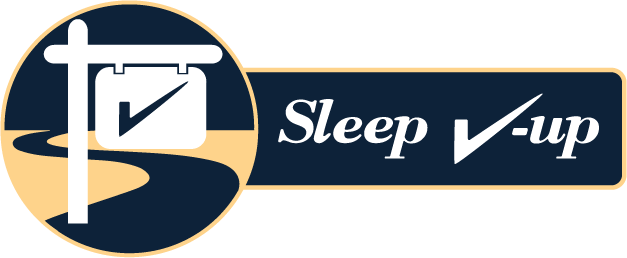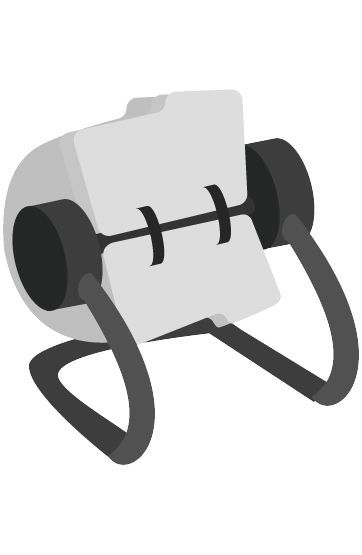Sleep disorders covered in this course.
Although you may find you have some of the signs and symptoms described in this course, you should not diagnose yourself with a sleep disorder. Please visit your doctor or sleep specialist to discuss your concerns.
Circadian Rhythm Sleep-Wake Disorders (CRSD):
People with Circadian Rhythm Sleep-Wake Disorders have an internal clock that doesn’t match the sleep/wake times of most people. Consequently, they struggle to fall asleep or stay awake when most others do not.
Insomnia Disorder:
People with Insomnia Disorder have trouble falling asleep, staying asleep, or both. As a result, they may get too little sleep or have poor-quality sleep.
Insufficient Sleep Syndrome:
Insufficient Sleep Syndrome is where you don't get enough good sleep to feel rested.
Hypersomnia:
People suffering from Hypersomnia struggle to stay awake during the day. They will often fall asleep in social settings, such as movies or parties, and even while eating or driving.
Parasomnias:
Parasomnias are sleep disorders which cause people to have abnormal movements, behaviors, emotions, perceptions, and dreams during sleep.
Sleep Apnea
Sleep Apnea is a very common disorder in which a person stops breathing while sleeping. Because your sleep is interrupted throughout the night, you can feel drowsy during the day.
Sleep Movement Disorders
Sleep Movement Disorders are disorders in which physical movements may be irresistible or involuntary, occur during sleep or periods of rest, and frequently result in sleepless nights and daytime fatigue.

